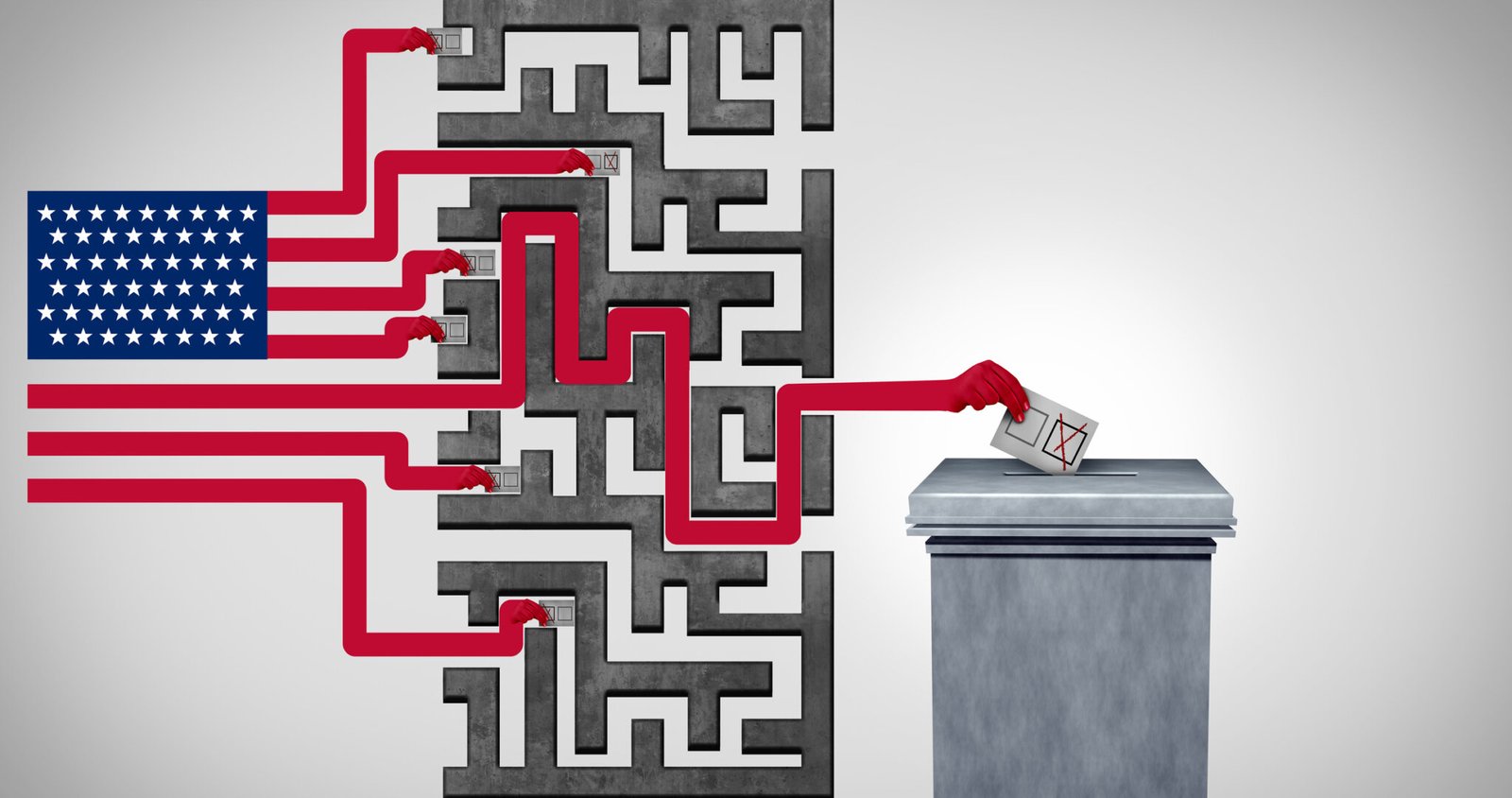2024 election
Fontes Challenges Mayes: How Will AZ Implement Reinstated Voter Registration Law?

Arizona Secretary of State Adrian Fontes is seeking legal guidance from Attorney General Kris Mayes regarding the implementation of a voter registration law recently upheld by the U.S. Supreme Court. This moves forward a contentious measure aimed at reinforcing citizenship verification for new voters.
In a ruling last month, the Supreme Court mandated Arizona to enforce a provision of a 2022 law that expands citizenship requirements for voter registration. Previously, a lower court had placed a block on this law, which now allows Arizona to refuse state-created voter registration forms from residents unless they provide proof of citizenship.
Fontes is requesting clarity on several legal aspects following the Supreme Court’s decision. First, he inquires whether county recorders can conduct standard checks on individuals lacking documented proof of citizenship before rejecting their voter registration forms. He further seeks guidance on whether these officials can then register those individuals if they can obtain the required documentation through these checks.
Another question involves determining the official registration date for voters who initially do not submit proof of citizenship but later provide it. Fontes wants to know whether the registration date should reflect the original submission or when the proof was provided.
The law stipulates that county recorders must allow individuals until 7 p.m. on Election Day to submit proof of citizenship. However, a consent decree indicates that the necessary documentation should be provided no later than the Thursday preceding Election Day. Fontes has asked Mayes to clarify which deadline should take precedence.
Proposition 200, passed by voters in 2004, mandates proof of citizenship for voter registration in Arizona. However, the federal National Voter Registration Act prohibits states from rejecting federal registration forms that do not include such a requirement. A 2013 Supreme Court ruling reinforced this dual registration system, allowing voters who prove citizenship to participate in all electoral contests while those without proof may only vote in federal elections.
Currently, Arizona has about 32,000 voters categorized as “federal only,” who can only participate in federal elections. An analysis by Votebeat suggests that the law may disproportionately impact younger voters, particularly those attending college, who often register without proper documentation.
This contested provision aims to prevent non-citizens from voting in Arizona by instituting citizenship checks on federal voter registration forms. Numerous voting rights groups have challenged the law, leading to various portions being overturned by trial courts, including those mandating proof of citizenship for state forms and restrictions on mail-in voting for residents using federal forms without documentation.
Recently, the Supreme Court also dismissed a request from the Republican National Committee to reinstate the mail-in voting restrictions for presidential elections. Claims of widespread non-citizen voting, often referenced by Republicans following the 2020 presidential election, lack substantiating evidence; research indicates that such instances are exceedingly rare.


















